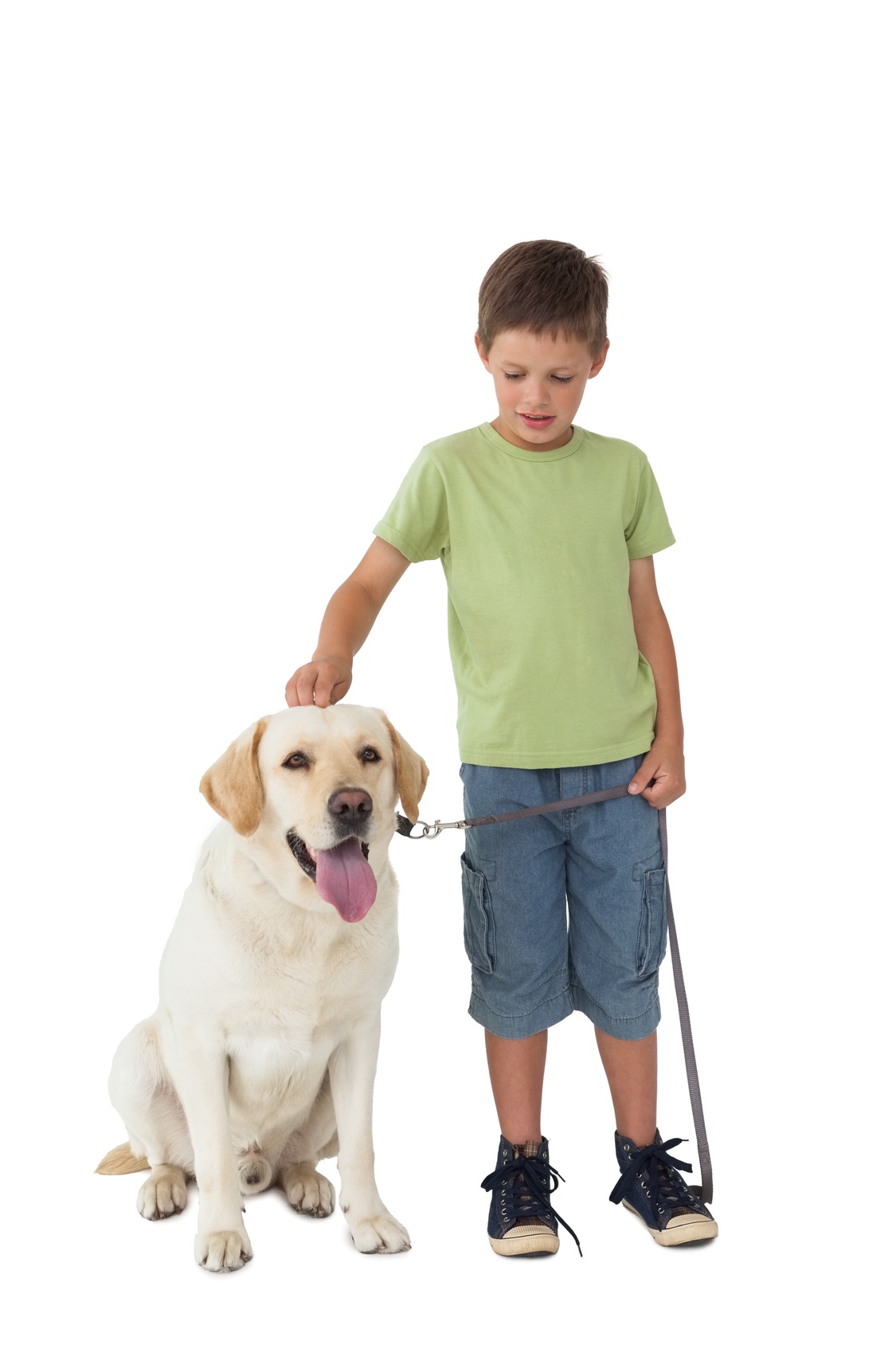Julie Entwistle, MBA, BHSc (OT), BSc (Health / Gerontology)
In a previous blog called “Dog Awesomeness” I outlined how service dogs are being used more and more to help disabled children and adults function more independently and safely in their home and communities. These dogs have been so widely recognized as useful for people with disabilities, that they are now allowed in public places, on airplanes, and even privately owned commercial establishments. People with disabilities have fought long and hard to make this happen, and society has accepted these animals as working assistive devices – well trained and not to be tampered with or touched.
More recently, there has been growing research to support the use of service dogs for children with Autism to help them manage both inside and outside the home. To recap, Autism is a complex developmental disability that typically appears during the first three years of life and affects a person’s ability to communicate and interact with others. This disorder is defined by a certain set of behaviors and is a “spectrum disorder” that affects individuals differently and to varying degrees. There is no known single cause, and no cure.
Inside the home, Autism service dogs can help to modify behavior in these children. Many parents have reported that the service dog provides a calming influence as the child pets the dog, or has it lying close by. This comfort can also allow a child to cope with transitions between places, activities, changes in routines, and may even help to improve sleep patterns. The child is able to get through anxieties that may be associated with daily activities with the help of his or her dog.
When outside the home, the service dogs is trained to respond to commands given by the caregiver or educator, particularly “stop”. As a result, this prevents the child from entering into potentially dangerous situations and gives the caregiver or educator time to intervene if needed. The service dog also prevents the child from wandering away from the family while out in public settings, and provides opportunities for parents and caregivers to teach their child about staying with their service dog and walking safely outdoors. The dog also acts as a companion for the child, constantly next to them to pet or cuddle which relieves anxiety. Essentially, the dog forms a physical anchor, making public outings easier to cope with for all involved. Because the child also shares in the responsibility for caring for their service dog through exercise, grooming and feeding, this increases the opportunities to enhance the child’s independence, while also allowing them to achieve a sense of responsibility.
Considering the immense benefits of these dogs for children with Autism, I was surprised to read a Toronto Star article that reported that Canadian parents of these children have had to fight to get service dogs allowed at school. While parents are getting some legal help to lobby for a fair and standardized policy on this, nothing has been developed and most parents are having to fight on an individual basis as each school, and school board policy, is different.
My mom told me a comical (and gross) story of a puppy service dog (“in training”) who she saw in the grocery store. As the trainer was obtaining items from the bulk bins, the dog was head deep in another bin eating mouthfuls of something while drooling and slobbering all over the place. The owner didn’t notice. As the man walked away with the dog, my mom alerted a clerk who had the bin emptied and cleaned. But the story leads to the question – if service dogs are allowed in the grocery store, why not the schools?
If service dogs are truly “assistive devices” aimed at improving independence, behavior, providing comfort and safety, and reducing anxiety in a child with Autism, then the schools should be required to accommodate. Now I recognize that some other children could be allergic or fearful of dogs, but this will be the minority and with some careful planning, classes could be organized to meet the needs of all. I think society, and the parents of today, are more apt at supporting these accommodations – we have already adapted to nut-free schools, litter-less lunches, nutrition policies, technology for learning, multiple page trip waivers – evidence that we are open, understanding and willing to evolve the meet the changing needs of our times, and our children.
References
Autism Dog Services www.autismdogservices.ca
The Toronto Star: The Toronto Star: Parents With Autistic Kids Fight To Get Service Dogs in Schools

